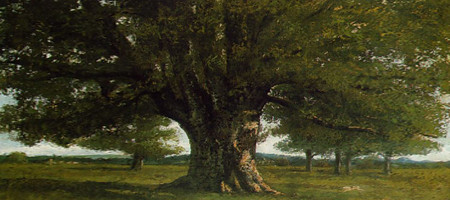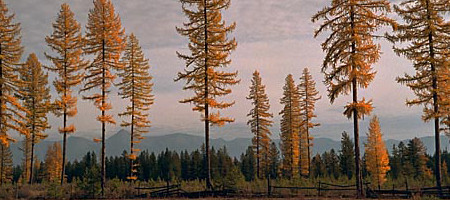A Defense of ‘Gameplay’

[This is written as an ‘other perspective’ piece, and isn’t necessarily exactly how I think of the topic. However, it’s how I ‘could’ see the topic, so I believe it’s still valid.]
Recently there’s been a growing distaste with the word ‘gameplay’, mainly stemming from the shockingly odd meaning it seems to construe. Words like ‘bookread’ and ‘filmwatch’ have been bandied around in comparison, showing quite how absurd a concept ‘gameplay’ really is. I’ll admit, I don’t think I’ve ever used the word in any of my writings for this precise reason, choosing the far more understandable ‘mechanics’ when addressing how a game.. plays. However, I think there are important things that need to be said about the word, and perhaps even some circumstances where it is appropriate and even useful in conveying ideas.
Firstly, it’s important not to just dismiss it out of hand by drawing up comparisons in literature and film. Yes, the words ‘filmwatch’ and ‘bookread’ are absurd and ridiculous, and mean next to nothing when concerning their material. The difference, however, with games, is that they aren’t just something you play. They’re something you see, and read, and hear. I think this is the important difference when looking at ‘gameplay’; it’s addressing the actual act of playing.

I’ll draw up an example; you’re explaining a game to a friend, and you’re telling them just how great the story is, and how brilliant the musical score is, and how excellently it’s written. Then they ask what the gameplay is like. Instantly you know that they’re asking how the thing actually plays, rather than how much you enjoyed the story. It might be a brilliantly told story, but it might play like crap, meaning they might not get it to avoid the frustration. Of course this is tying back to the whole reviews-as-buying-guides thing, but that’s another topic entirely.
The point is you couldn’t easily substitute any other word in place of ‘gameplay’ in this circumstance. Yes, you could use mechanics, but I’ve played games with crappy mechanics but excellent execution, meaning they’re elevated beyond their meager means. The word ‘gameplay’ encompasses all of this, from the flow of the game to the combat, the movement, the actions, everything. I think the problem that needs to be addressed is merely its widespread use.

I’ve demonstrated a very specific example, and that’s because the word requires quite a specific set of circumstances before it’s valid. It’s a time saver, more than anything, helping one person convey something to another without having to explain the ins and outs of what they mean. I reject the idea that it’s a clumsy word; I’d rather say it’s being used clumsily most of the time. Usually, ‘mechanics’ can replace it, because a lot of the time people are just talking about one certain aspect and labeling its ‘gameplay’ as poor.
I tried to think of a comparison to film and literature, but I came short, because I realised games are closer to a mongrel of forms rather than any one in particular, and you can’t compare them because they incorporate aspects of all. Again, this is leading me onto another discussion that I don’t particularly want to explore here, but the important point here is that you can’t draw a contrast between ‘gameplay’ and any other word you can think up relating to film and literature, because there is nothing to compare it to. It’s the most fundamental form of a game, to play it, but because games include aspects of film, and the written word, it is valid to use, merely as a description of one aspect of the medium.